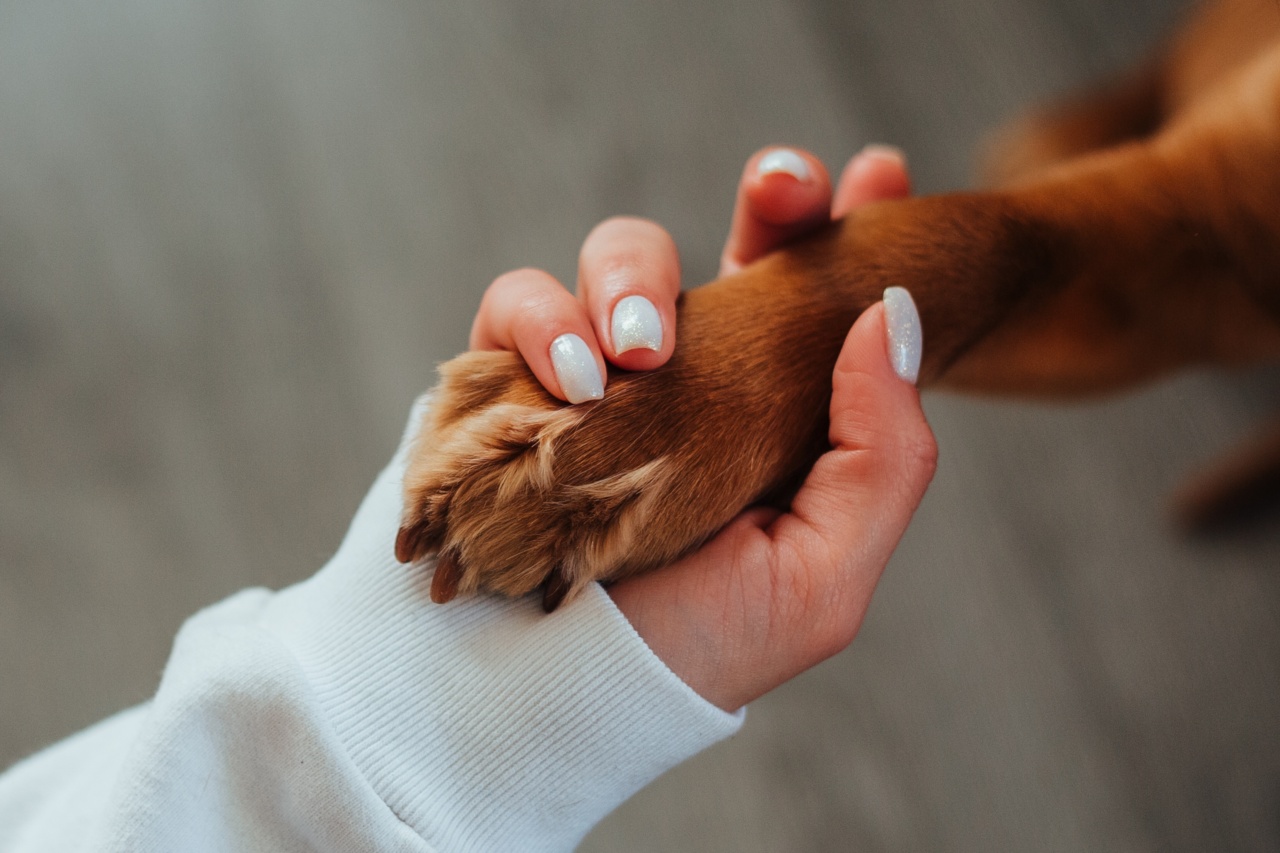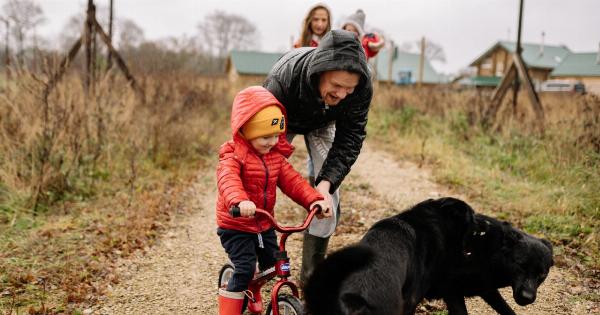Dog training is an essential aspect of responsible pet ownership. We want our furry friends to be well-behaved and obedient, and for this to happen, we need to provide them with proper training.
However, not all dog training sessions are successful, and this can be frustrating for both the owner and the dog. In this article, we will discuss why some dog training fails, and what you can do to prevent it.
1. Lack of Consistency
One of the primary reasons why dog training fails is a lack of consistency. Dogs are creatures of habit, and they respond best to consistent routines and training methods.
If you change your training methods frequently, your dog will become confused and won’t learn anything. It’s essential to establish a consistent routine and stick to it, even if the results aren’t immediate.
2. Using Ineffective Training Methods
Another reason why dog training fails is that some methods are ineffective. Traditional dog training methods such as punishment and scolding have been proven to be ineffective and can even be harmful.
Positive reinforcement training, on the other hand, has been proven to be effective and gentle. Using treats, praise, and playtime to reward your dog’s good behavior is a much better method than punishment.
3. Lack of Patience
Dog training requires patience and persistence. You need to be patient with your dog and give them time to learn. Some dogs learn faster than others, and it’s essential to take this into consideration.
If you become frustrated or agitated during training, your dog will sense this and become anxious, making it harder for them to learn. Remember to be calm, patient, and kind during training sessions.
4. Inconsistent Rewards and Punishments
It’s essential to be consistent when rewarding good behavior and correcting bad behavior. If you’re inconsistent, your dog won’t understand what they’re doing wrong or right.
For example, if you sometimes reward your dog for sitting and other times don’t, they won’t learn that sitting is a good behavior. Likewise, if you punish your dog for jumping up on you sometimes, but not others, they won’t understand why.
5. Lack of Socialization
Dogs are social creatures and need to be properly socialized to be well-behaved. If your dog isn’t exposed to different people, animals, and environments during their first few months of life, they can become anxious, fearful, and even aggressive.
Proper socialization involves exposing your dog to new situations, people, animals, and environments in a safe and controlled manner.
6. Unrealistic Expectations
Some owners have unrealistic expectations of their dogs. It’s essential to remember that each dog is unique and learns at their own pace.
Some dogs may take longer to learn certain behaviors than others, or they may never learn certain behaviors at all. It’s important to be patient and understand that your dog is doing their best.
7. Lack of Reinforcement
Lastly, some owners fail to reinforce good behavior. It’s essential to keep reinforcing your dog’s good behavior even after they’ve learned a particular behavior. If you stop rewarding good behavior, your dog may stop doing it.
Keep praising and rewarding your dog for their good behavior, and they will continue to act appropriately.
Conclusion
Dog training can be a challenging and frustrating process, but it’s essential for your dog’s well-being and your relationship with them.
By avoiding these common mistakes, you can make your dog training sessions more successful and enjoyable for both you and your pet.























